You may think your pet’s daily dental chew is all they need for good oral health, until you notice your furry pal’s horrendous breath. How did that happen? Unfortunately, a dental chew is not enough to stave off oral bacteria and dental disease, except as part of a well-rounded oral care plan. Keep an eye out for periodontal problems in your pet, and learn how to banish dental disease, to prevent stinky breath and a painful mouth.
What are dental disease signs in pets?
Dental disease can slowly creep up on your pet, leaving you unaware of a problem until it becomes advanced. Many pets are too stoic to complain about dental pain or infection, so any issues may not be identified until their wellness visit.
As soon as your pet eats a meal, plaque begins to form, and then hardens to rock-solid tartar over the next couple of days. The oral bacteria in plaque and tartar are the source of all your pet’s dental disease problems. The bacteria infiltrate your pet’s gums and surrounding oral tissues, and create serious health problems and visible dental disease signs. Watch for the following indicators your pet may be suffering from dental disease:
- Red, inflamed, or bleeding gums
- Bad breath
- Brown, yellow, or grey plaque and tartar accumulation on the teeth
- Broken, worn, cracked, loose, or missing teeth
- Blood-tinged saliva
- Refusal to chew on toys
- Reluctance to eat hard food or treats
- Acting hungry, but not eating
- Pawing at the face
- Dropping food while eating
Ideally, you should monitor your pet’s oral health through twice-daily toothbrushing, but if that’s not feasible, strive to look in their mouth frequently for any dental disease signs.
What health issues does dental disease cause in pets?
Dental disease is a serious condition that harms not only your pet’s mouth, but also their entire body. Oral bacteria can infiltrate your pet’s bloodstream through inflamed gingival tissue, travel to major organs, and cause widespread infection and disease. Potential issues caused by dental disease include:
- Gingivitis
- Gum recession
- Resorptive lesions
- Loose teeth
- Fractured teeth
- Tooth-root abscesses
- Heart, liver, and kidney disease
However, if dental disease is caught in its earliest stage, many of the more serious issues can be prevented, making regular oral exams critical for your pet’s overall health.
What can I do at home to prevent dental disease in my pet?
Good oral hygiene for your pet starts at home. From the day you bring your furry pal home, put into practice a dental-care routine. You wouldn’t skip toothbrushing between your dentist appointments, so don’t slack on your pet’s at-home oral hygiene. In addition to twice-daily toothbrushing—the gold standard of at-home dental care—you can include other dental health items in your pet’s regimen, including:
- Treats
- Chews
- Prescription diets
- Dental wipes
- Food and water additives
To ensure you use the most effective dental health products, look for the Veterinary Oral Health Council (VOHC) seal of approval. The VOHC carefully evaluates the studies that manufacturers perform to claim their products slow plaque and tartar accumulation, and grants its seal of approval only to products proven to be efficient. These items are the most valuable to include in your pet’s dental care toolkit.
What can Lebanon Animal Hospital do to prevent dental disease in my pet?
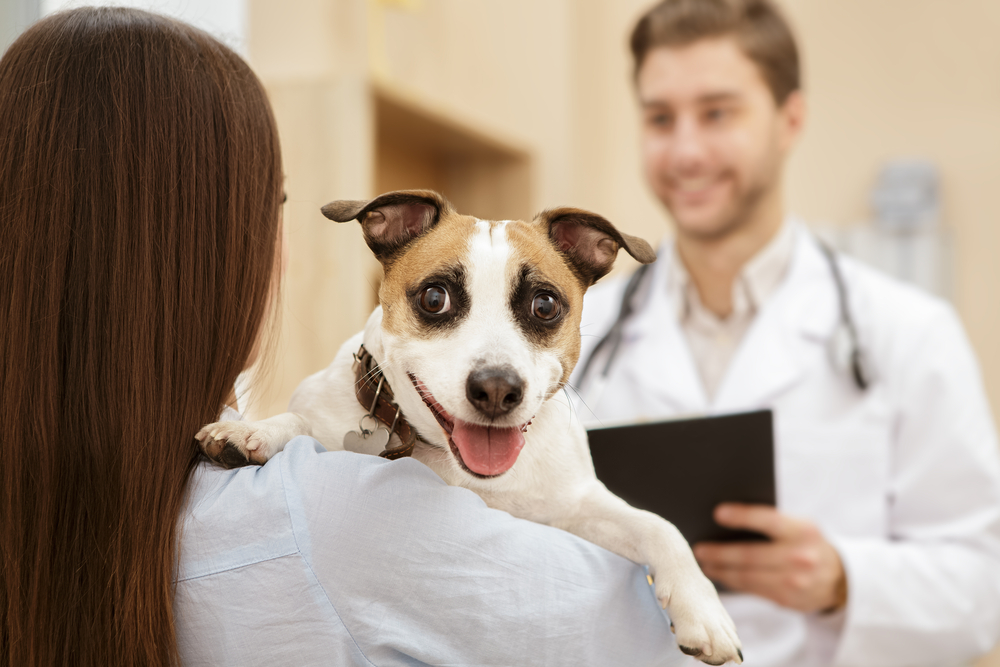
As you form a partnership with your dentist to take excellent care of your teeth, your pet should form a relationship with our team to ensure their mouth stays healthy and disease-free. During your pet’s wellness visits, we’ll perform oral exams to check for dental disease and, based on their dental disease grade, we may recommend a comprehensive dental cleaning immediately, or in the near future.
For their cleaning, we will place your pet under general anesthesia, and first take full-mouth dental X-rays to check for hidden problems below the gumline, where up to 60% of the tooth structure lies. We can perform a more thorough oral exam when your pet is sleeping, allowing us to chart any issues that need monitoring or treatment. We’ll remove plaque and tartar from your pet’s teeth above and below the gumline, polish the enamel smooth, and strengthen the teeth with a fluoride treatment. Such a comprehensive dental cleaning and oral health assessment will keep your pet’s mouth clean, healthy, and pain- and infection-free.
When you’re scheduling your own dentist visits, don’t forget to also schedule your pet’s oral exams. Our Lebanon Animal Hospital team can’t wait to tackle any tough tartar your furry pal may be harboring in their mouth. Give us a call to schedule an appointment and keep your pet free of dental disease.



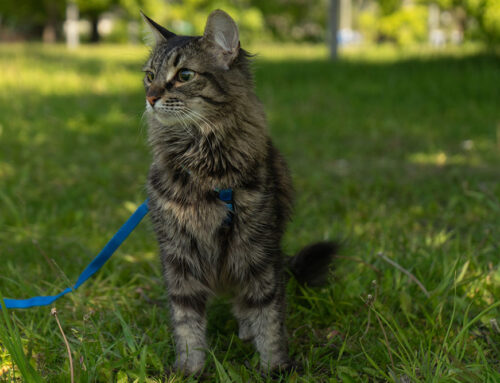
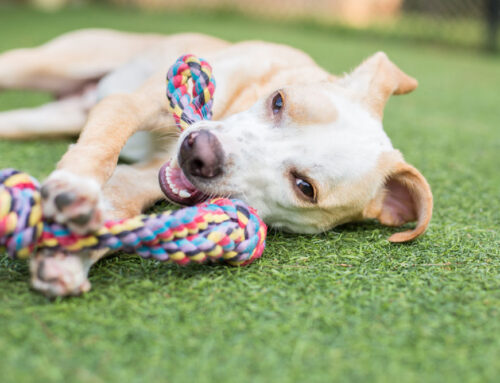
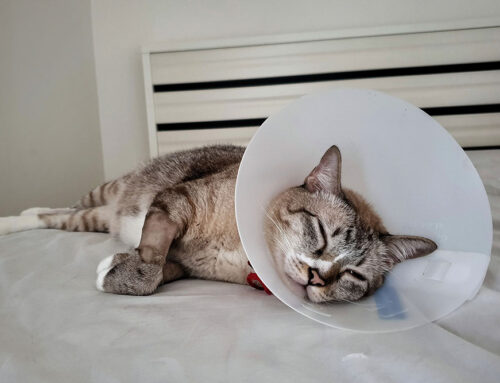
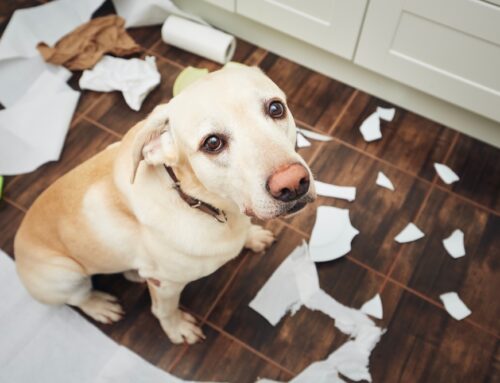
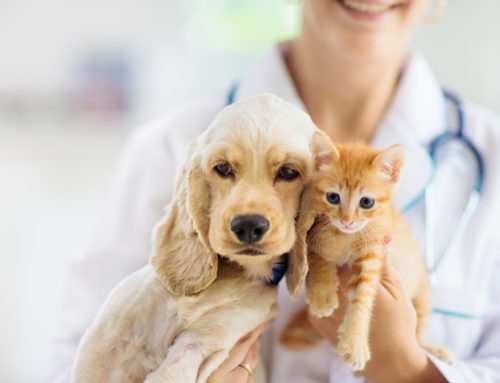
Leave A Comment